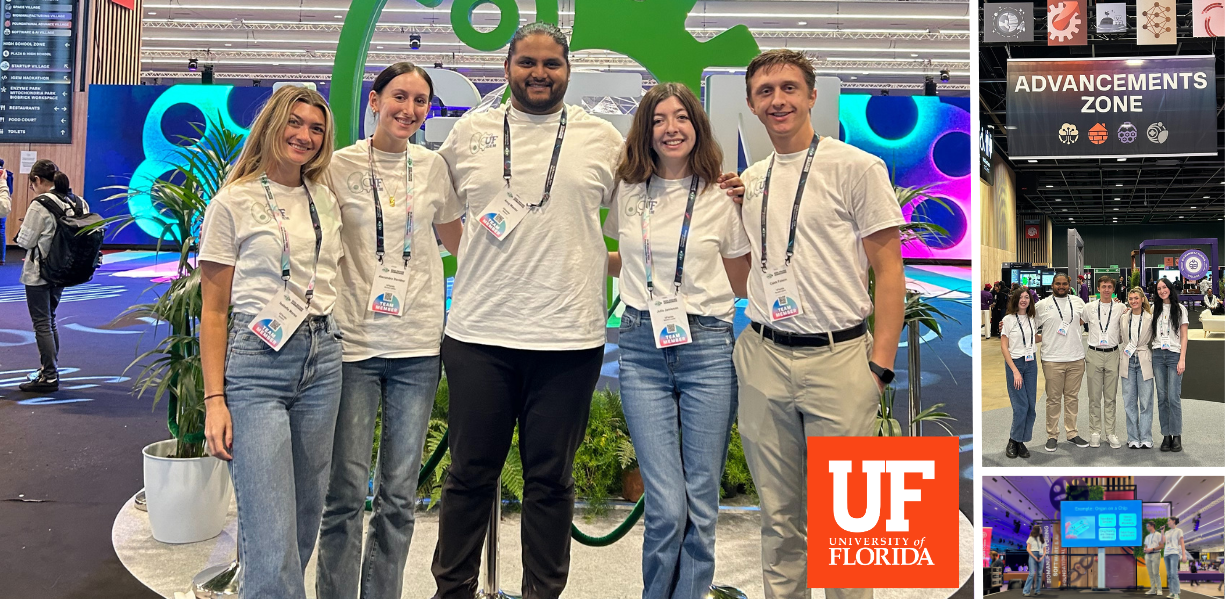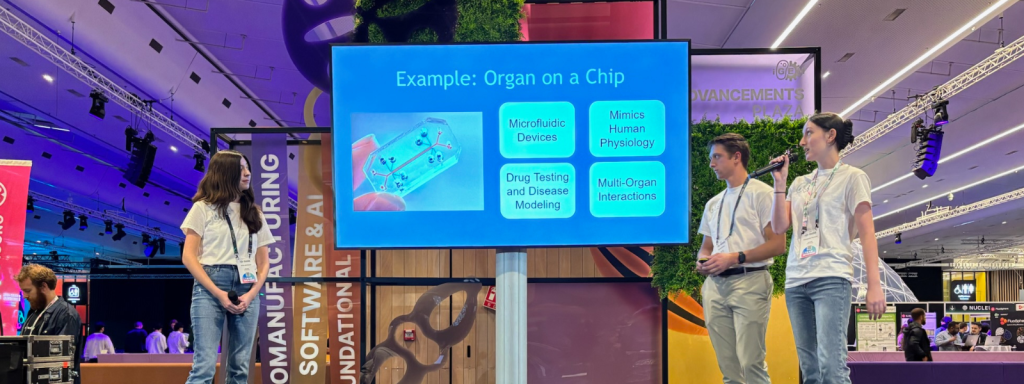Solar Gators Land $10,000 Prize at Electrek American Solar Challenge 2024

The Department of Mechanical and Aerospace Engineering (MAE) at the University of Florida is brimming with pride as the Solar Gators team celebrates a remarkable achievement in the Electrek American Solar Challenge 2024. Over the course of eight days, the Solar Gators traversed an impressive 1,550 miles from Nashville, TN, to Casper, WY, showcasing their innovative solar-powered vehicle, Sunrider. Racing along seven National Historic Trails, the team’s perseverance and teamwork were on full display, embodying the pinnacle of Gator engineering and the spirit of adventure.
The Solar Gators’ journey was more than just a race; it was a testament to their dedication and hard work. From the rigorous scrutineering process to the exhilarating finish line, their performance was a culmination of meticulous preparation and exceptional engineering. Every mile covered was a tribute to their commitment to advancing solar vehicle technology and their ability to overcome the challenges posed by such a demanding competition.
Adding to their accolades, the Solar Gators achieved a significant victory at the Electrek Formula Sun Grand Prix. The team won the grand prize of $10,000 in the Altair Challenge, a competition that required teams to optimize a suspension component using Altair design tools. This success not only highlights their technical expertise but also their ability to apply theoretical knowledge to practical engineering problems, further cementing their reputation as leaders in the field.
As we await the Solar Gators’ return to Gainesville later this week, the entire MAE community eagerly anticipates celebrating their return. Their outstanding achievements in both the American Solar Challenge and the Altair Challenge are a source of immense pride and inspiration. The Solar Gators have set a new benchmark for excellence and innovation, reflecting the high standards of Gator engineering.
The Department of Mechanical and Aerospace Engineering extends a special thank you to Jim Trainham, Professor and Associate Chair for Industry Relations of Mechanical and Aerospace Engineering, for his invaluable mentorship and support throughout the competition. Additionally, heartfelt thanks go to Daniel Preston, MAE Facilities Operations Specialist, for dedicating over a week to assist the team and ensure their success. Congratulations to the Solar Gators for your extraordinary accomplishments and thank you to everyone who contributed to this incredible journey!
Superstar UF iGEM Team Wins Gold in Paris with Biomanufactured Organoid Models

The UF Chapter of iGEM dazzled 2024 Grand Jamboree judges, earning a gold medal for their research into sepsis, a life-threatening condition that results from the body’s dysregulated response to infection.
International Genetically Engineered Machine (iGEM) is a global competition where student teams design and build genetically engineered systems to solve real-world problems using synthetic biology. Teams present their projects at the annual Grand Jamboree, competing for medals based on their ingenuity, technical achievements, and societal impact.
This project was built on the team’s work from 2023, for which they won a silver medal. Their mentor Jing Pan, Ph.D., enabled them to hone their skills through hands-on experience. Under the guidance of Pan, the all-undergraduate team developed the procedures for their project and split into teams: Wet Lab, Dry Lab, and Human Practices.
“I’m really proud of them,” Pan said. “They put so much effort into this year’s competition, and receiving the gold medal is a huge accomplishment for them. It’s not just about the award—it’s about recognizing the impact of their work and the passion they brought to this project.”
The project had two key components: first, the team worked with induced pluripotent stem cells (iPSCs), which are reprogrammed body cells that act like versatile embryonic stem cells. By influencing iPSCs biochemically, they generated an organoid – a simple tissue culture that mimics the function and structure of a real organ – that simulates human bone marrow. These organoids can be utilized in preclinical studies in place of animal models, a major achievement for ethical testing.
The team then created a computational model for the growth and behavior of different cell populations in bone marrow. The framework was based on a series of mathematical differential equations, highlighting the changes in the bone-marrow organoid at different stages of infection. The team faced many challenges due to the nature of their research, and they made an impression on both judges and participants with their creativity and success.
“You never really feel ready, no matter how much you prepare,” said Caleb Faison, captain of the Dry Lab team.
The iGEM competitions emphasize troubleshooting and flexibility, because the research is conducted under such tight time constraints. As a result, the team gained confidence as the competition progressed.
“At the Jamboree, we were able to connect with students and scientists from across the globe and learn from their unique work,” said Julia Jamieson, captain of the Human Practices team. “It was an amazing experience, and we are grateful for the support we have received from our sponsors throughout UF.”

